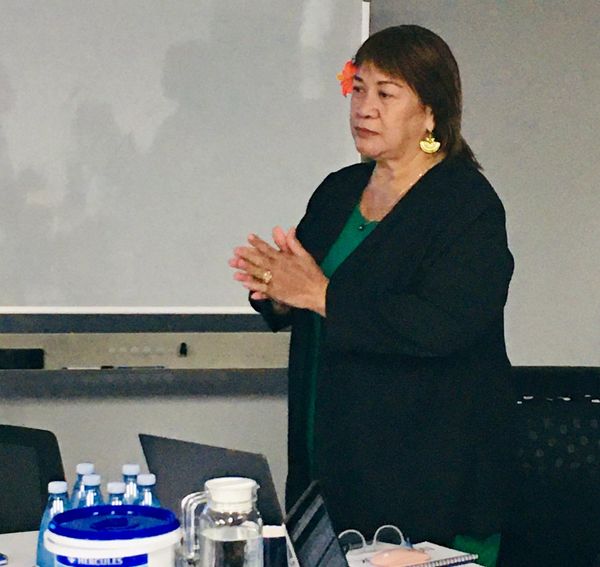Pacific water expert, Pitolau Lusia Sefo-Leau says the Pacific region is “far from achieving” the goal of having universal access to water and sanitation by 2030 or SDG6.
“I feel that there is something very wrong in our collective development agenda if half of the population in the Pacific Islands do not have basic access to safe water,” says Sefo-Leau, the CEO of the Pacific Water and Wastewater Association (PWWA).
As a regional advocate for water diplomacy, Sefo-Leau emphasises that “water should be recognised as . . .
Please Subscribe to view full content...
